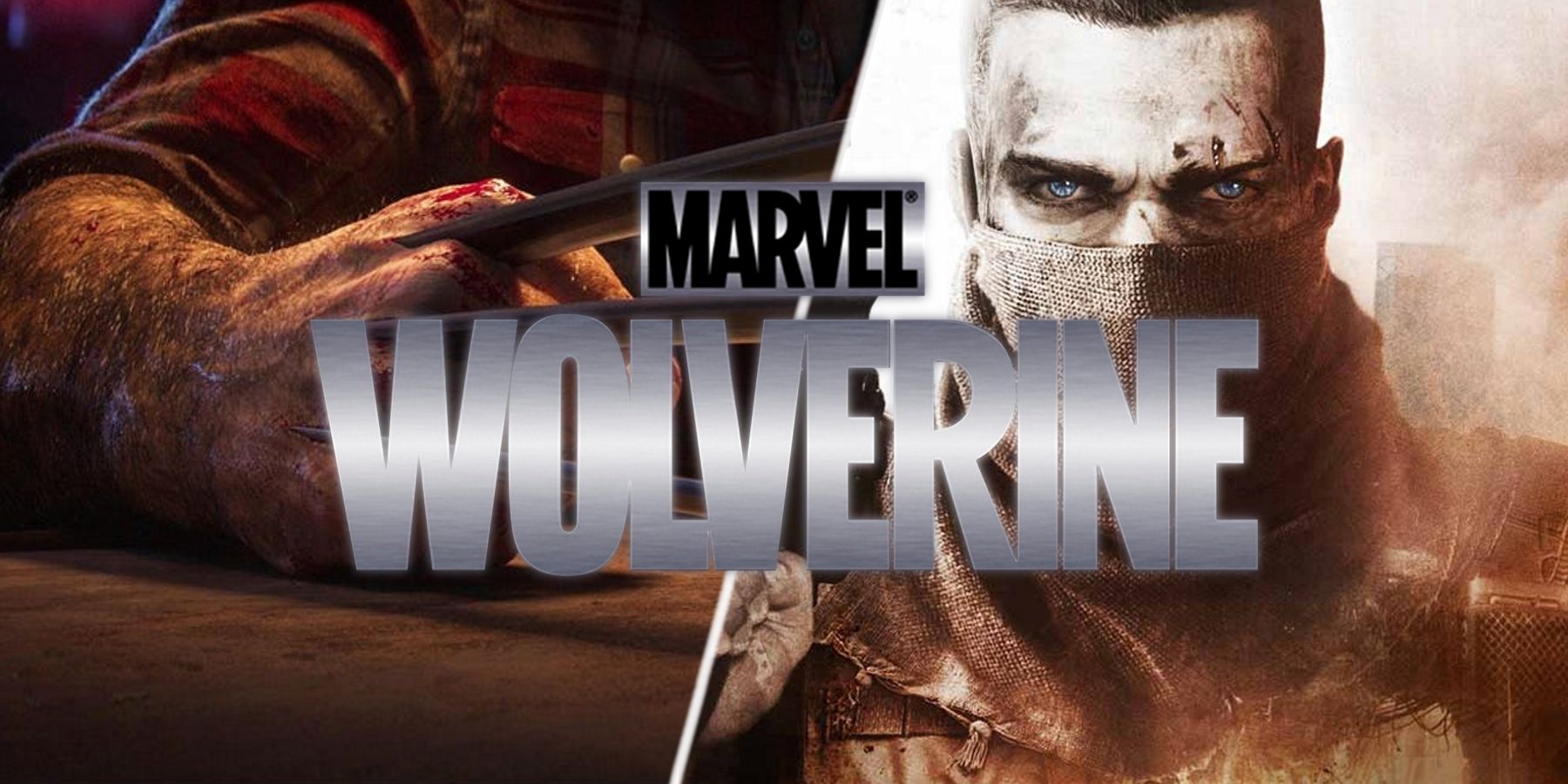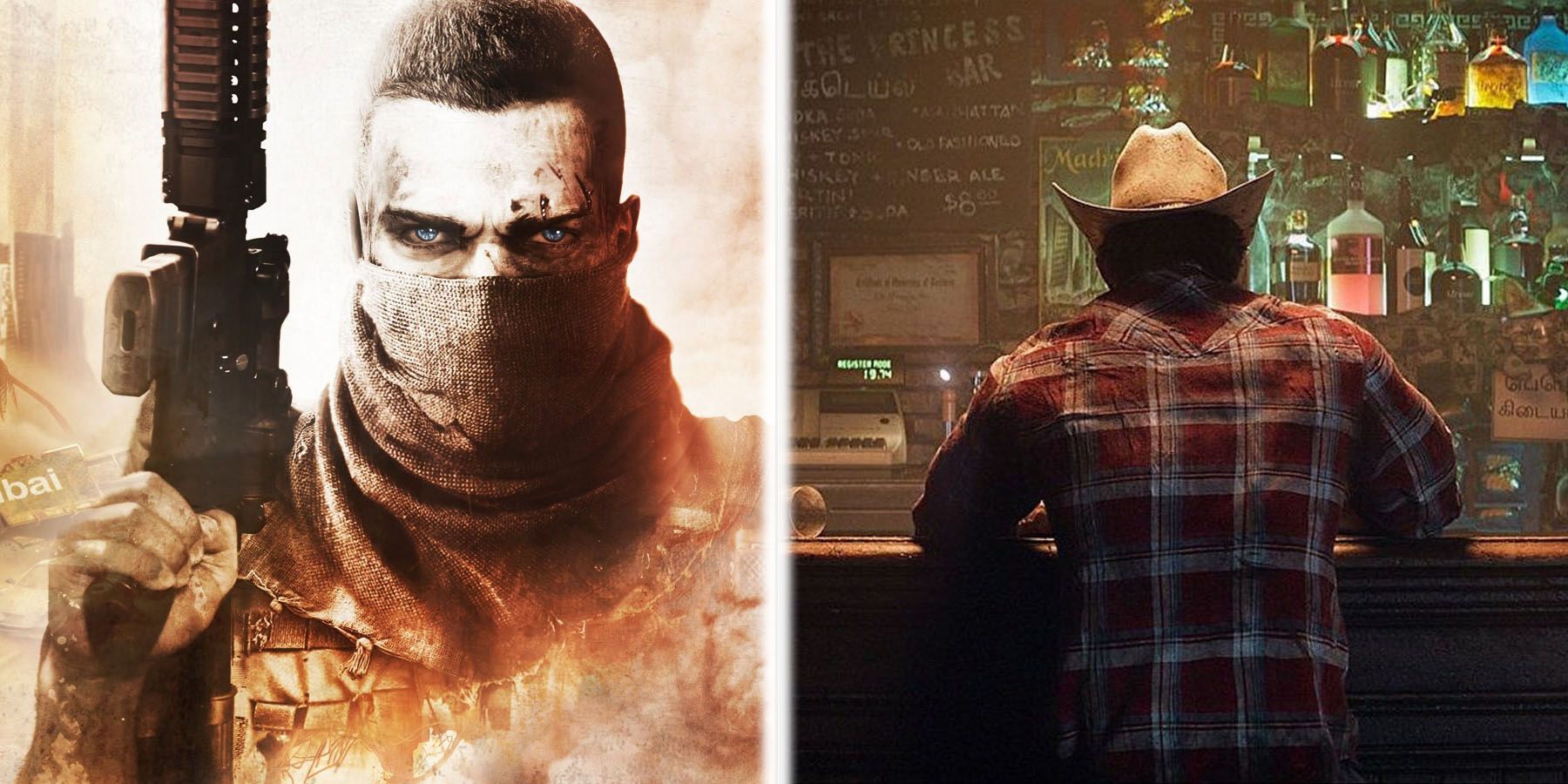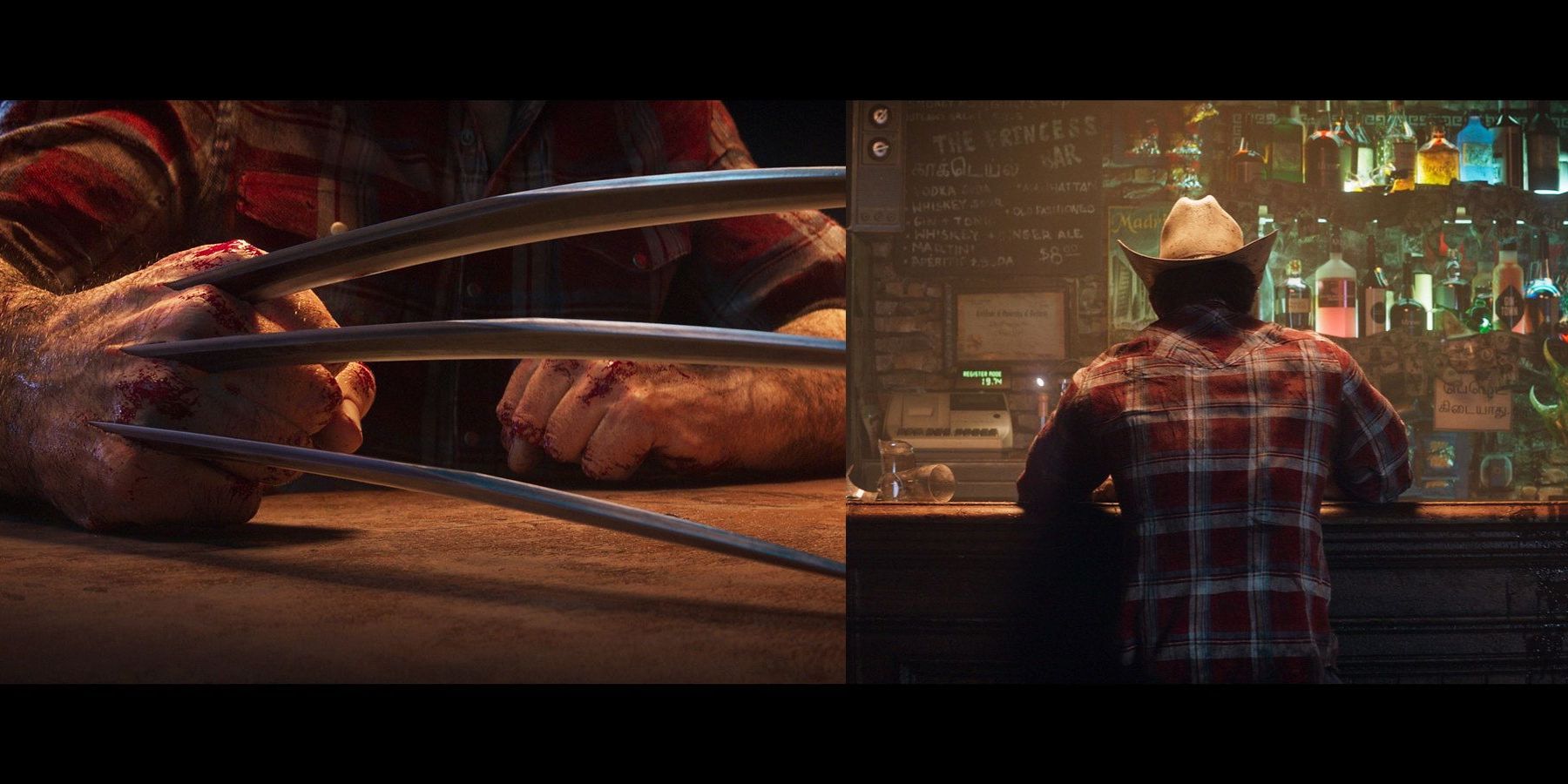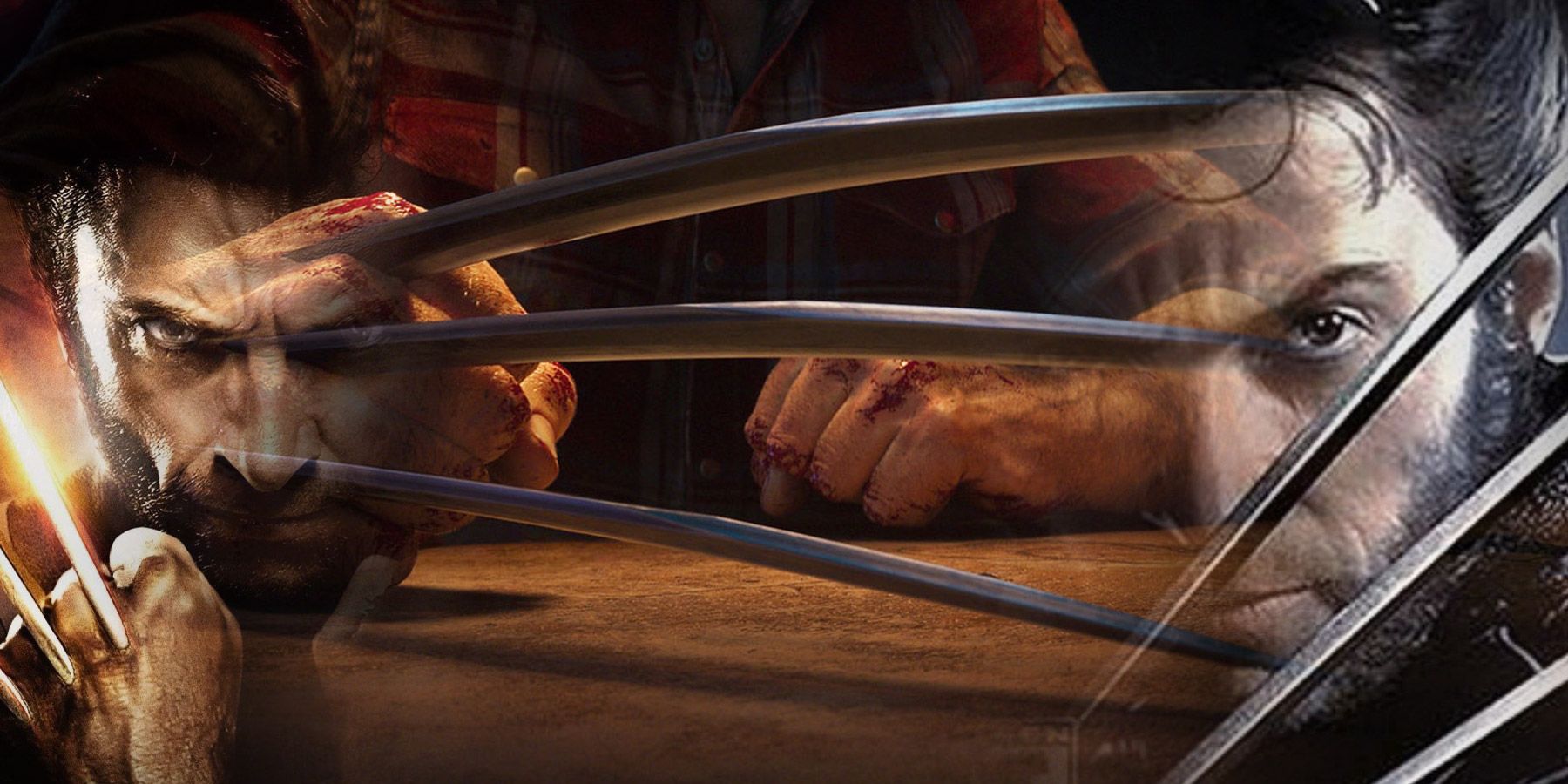In recent years, the game development process has become much more transparent as "auteur" directors are pften no longer the only well-known members of a game's production team. Writers, programmers, localizers, narrative directors, QA testers, voice actors, and many other roles have became a lot more visible. As such, it's not surprising that fans are excited about the recent lead writer announcement for Marvel's Wolverine.
Not only is the game appealing to a huge fandom around the character, it's also leaning on the acclaim of films like Logan which portrayed a darker, more violent Weapon X. Wolverine's lead writer is Walt D. Williams, who has a very particular pedigree within the games industry. While his work as a narrative designer on certain games is important, his time as a script designer and a full-fledged author could also prove to be positive for the upcoming title.
Apparently, Wolverine is going for a distinctly dark tone, similar to Logan. Recent AAA games like The Last of Us 2 bring cycles of violence to the forefront, and considering the legacy of Wolverine as a character, it is likely his new game will do the same. Williams' time on games like Spec Ops: The Line could point to a fascinating angle for one of Marvel's grittiest and most dynamic characters. However, his experience with a variety of different properties, including Family Guy, hopefully means some of Logan's humor will still shine through.
How Marvel's Wolverine and Spec Ops: The Line Link
Spec Ops: The Line launched in 2012 and turned a lot of heads. While on the face of it, the game looked to be a standard third-person military shooter, it brought a narrative turn in the last few acts that really caused a stir. This generic gameplay disguising the game's unique narrative might have worked too well however, as it received a lot of criticism at launch for lackluster third-person combat. This also reflected in the game's sales.
Despite its retroactive influence and cult following, the game was a commercial failure, effectively ending possible future Spec Ops games. Although not remembered as one of the best tactical military shooters ever made, Spec Ops: The Line inspired a wider conversation around violence in both gaming and war itself. Players are given a lot of naturalistic agency in the game, so they could make a lot of moral choices without being tied to an overarching morality system.
Rather than condemn player choices with prescriptive morality mechanics, Spec Ops: The Line lets these decisions sink in during reflective moments between the protagonist and their squadron. All told, Spec Ops: The Line plays like Joseph Conrad's Heart of Darkness transposed onto Dubai. In many ways, Logan did for the entire Wolverine franchise what Spec Ops did for the military shooter genre, so seeing a writing team led by Williams could take the new Wolverine game in a similar direction, which would be exciting and not entirely surprising.
How Williams' Other Work Could Impact Wolverine
Williams is not only an important writer from Spec Ops: The Line, he has also worked on successful games like BioShock, and was as a script designer on the Family Guy video game in 2006. This was a strange action-adventure title chock full of the franchise's trademark crass humor.
Obviously, working as a script designer on Family Guy and writing Spec Ops are two very different beasts. However, what the dichotomy shows is a flexibility that will hopefully show up in the Wolverine game. Despite Logan's dour depiction of its titular protagonist, he has a great sense of dry humor in the comics that will hopefully carry over into Wolverine.
Significant Zero: The Wolverine Lead Writer's Gaming Book
In 2017, Williams released Significant Zero: Heroes, Villains, and the Fight for Art and Soul in Video Games. In spite of its long title, the book is snappy, providing an incisive perspective of the games industry alongside thoughtful critique of games as art. In the book, Williams touches heavily on the topic of violence in video games. This theme haunts an awful lot of wider public discourse around gaming, so seeing a writer picking that apart from the inside is fascinating.
The way Williams describes the narrative choices made in Spec Ops: The Line shows an understanding of how and why violence can make or break an experience. He heavily criticizes the Call of Duty mission No Russian, which features a terrorist massacre in Russia, when talking about why Spec Ops took such care with the way violence impacted its story. Movies like X-Men Origins: Wolverine failed due to a fundamental misunderstanding of Wolverine's violence as a character choice. As such, having a lead writer who understands the implications of violence on narrative means the upcoming game is hopefully in safe hands.
Marvel's Wolverine is in development for PS5.




